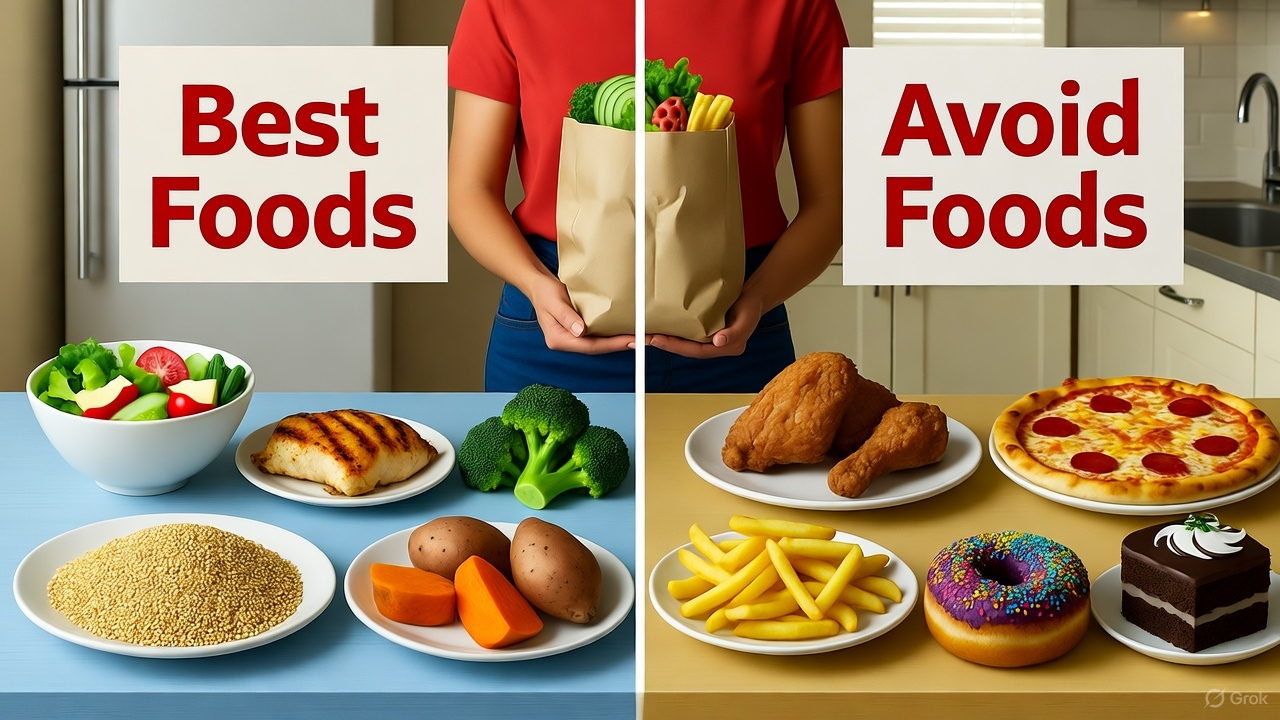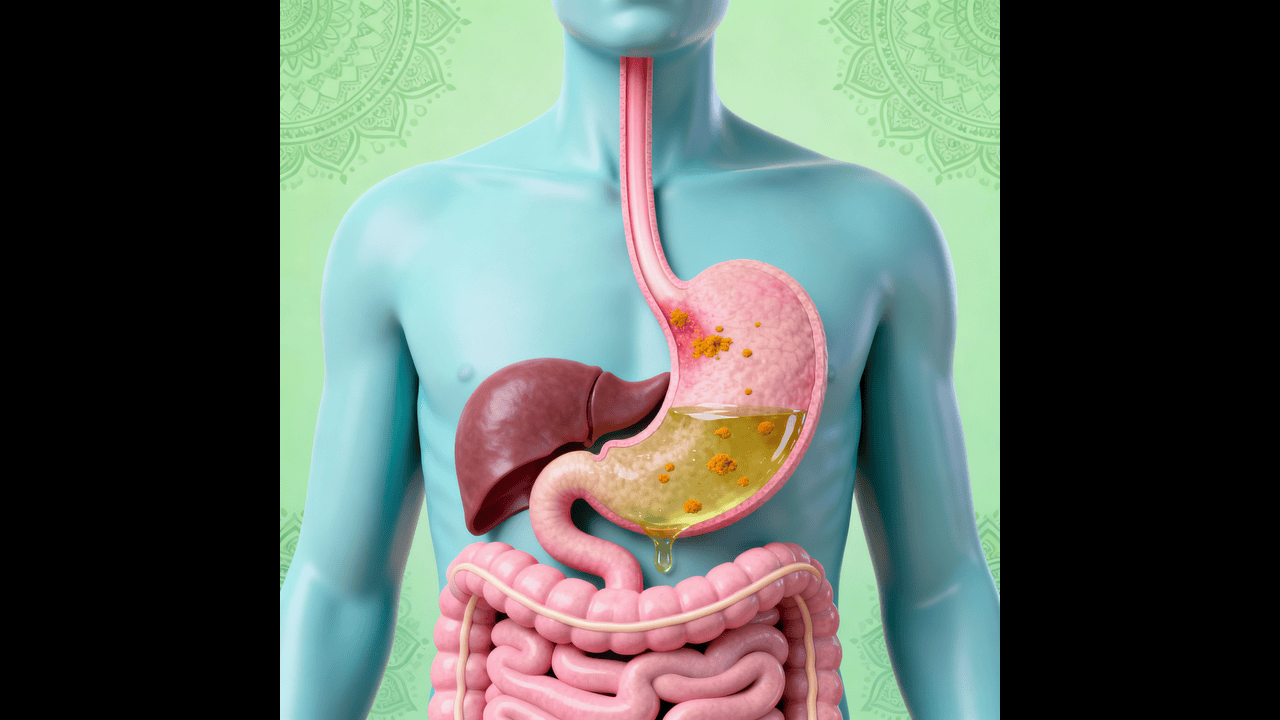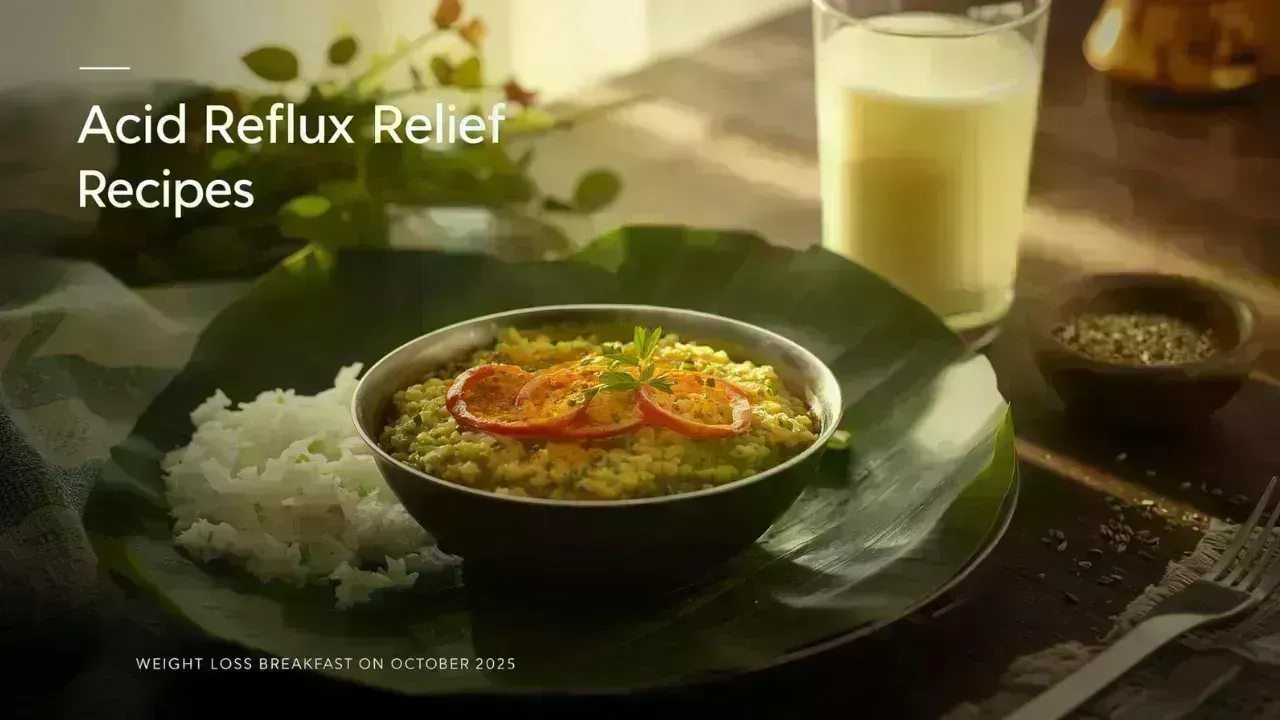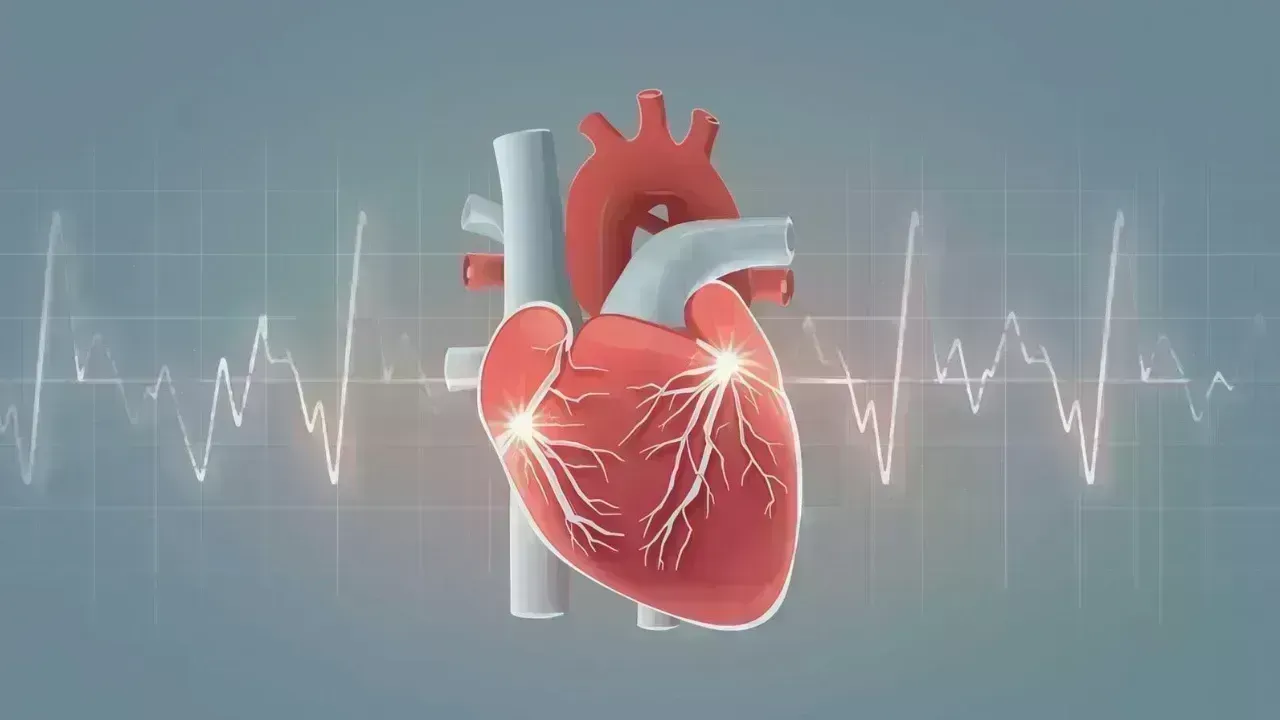
Post by : Priya
Photo:Reuters
In recent years, the world has witnessed a startling rise in obesity affecting millions across the globe. The World Health Organization (WHO) and other health experts have declared obesity a serious public health challenge of our time.
What Is Obesity?
Obesity is a medical condition where excess fat builds up in the body to harmful levels. It is not just about being overweight; obesity increases the risk of many serious diseases such as heart disease, diabetes, stroke, and some cancers. It also puts strain on healthcare systems and affects economies due to higher health costs and reduced productivity.
The Alarming Numbers Behind Obesity
According to the World Obesity Federation’s World Obesity Atlas 2025, the global number of adults living with obesity is projected to rise by more than 115% between 2010 and 2030—from 524 million people to over 1.13 billion. This means that by 2025, about 1 in 5 adults worldwide will be obese, and many will face severe obesity, which is linked to high risks of additional health problems.
The problem is no longer confined to wealthy countries. Low- and middle-income nations are now seeing the fastest increases in obesity rates, creating a troubling dual challenge of hunger and obesity in these countries. If current trends continue, nearly 2.7 billion adults could be living with overweight or obesity by 2025.
Why Is Obesity Increasing?
Several factors contribute to this widespread health issue:
The Consequences of Rising Obesity
Obesity leads to more cases of diabetes, heart disease, certain cancers, and other chronic conditions. Every year, 1.6 million premature deaths worldwide are caused by overweight and obesity-related illnesses—more than deaths from road accidents.
The growing number of obese individuals creates heavy demands on health care systems that are often unprepared to handle this emerging epidemic. Only 7% of countries currently have health systems ready to provide effective obesity care, leaving most populations at risk.
What Can Be Done?
The WHO calls for a whole-of-society response to tackle obesity. This means governments, communities, and individuals must work together with a shared goal.
Key recommended actions include:
Why Immediate Action Matters
If no effective action is taken soon, the burden of obesity-related diseases will continue to grow, overwhelming health systems and reducing quality of life for millions. The costs to individuals, families, and societies will be immense and long-lasting.
Addressing obesity is not just a health issue but a social and economic imperative. A healthier future relies on timely, coordinated efforts worldwide.










NBA Friday Recap: Powerhouse Wins for Miami, LA, Milwaukee, and Clippers
Miami, LA Lakers, Milwaukee, and Clippers triumphed in a thrilling NBA Friday, showcasing standout p

Doncic Shines with 49 Points in Lakers' 128-110 Victory over Timberwolves
Luka Doncic dazzles with 49 points as the Lakers secure a 128-110 win against the Timberwolves, show

Kings Triumph Over Jazz 105-104 with Last-Minute Sabonis Effort
The Sacramento Kings edged out the Utah Jazz 105-104, with Domantas Sabonis making the decisive shot

Argentina's Friendly Match Against India Delayed, New Date to be Announced
The friendly match between Argentina and India in Kochi has been postponed due to FIFA approval dela

Rohit and Kohli Conclude ODI Journeys in Australia with a Victory
Rohit Sharma and Virat Kohli bid adieu to Australian ODIs with a final win, forming a 168-run partne

George Russell's Wrestling Mask Antics at Mexican Grand Prix
George Russell donned a wrestling mask to enjoy the Mexican Grand Prix from the stands, providing a